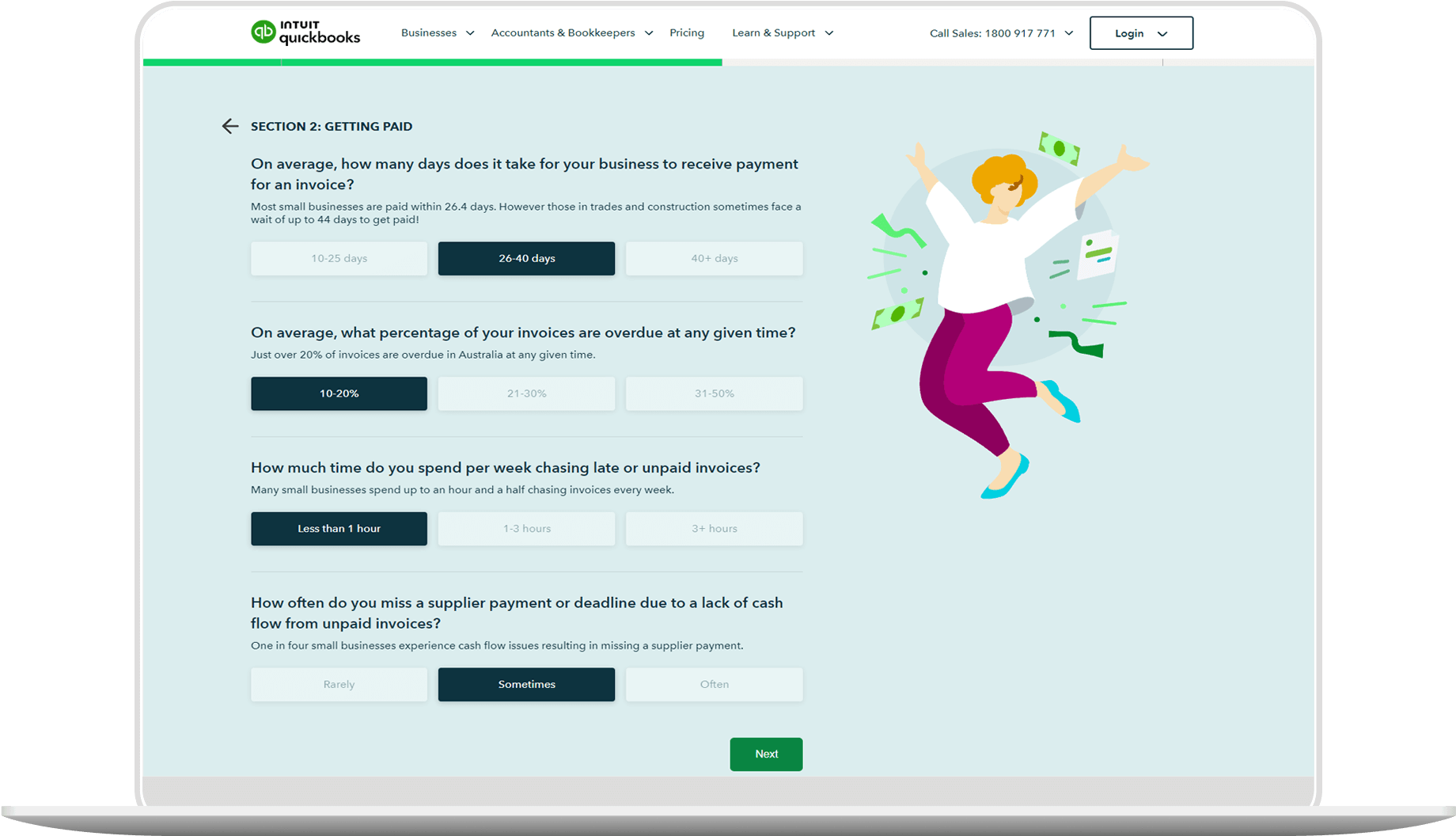Many people aren't familiar with this type of tax, but if you own a luxury car or plan to purchase one in the near future, you should familiarise yourself with the tax implications around luxury car ownership.

Luxury Car Tax Threshold and Rates in Australia
What you need to know
Luxury luxury car tax (LCT) in Australia is built into the vehicle's invoice price at the dealership, it can add a significant amount to your total. The threshold is set by the Australian Taxation Office (ATO) and is applied to cars with a GST-inclusive price that exceeds it.
Luxury car tax is set and collected by the ATO. It's payable by the businesses who import or sell luxury vehicles unless the business correctly quotes their ABN to Customs or suppliers.
It is in addition to GST, but LCT is not payable on the vehicle's full price. It's payable at a rate of 33% of the GST-inclusive value over the threshold.
When Should you Pay Luxury Car Tax?
Situations when LCT is not applied
There are several situations where LCT is not applied. One of the best ways to not pay LCT is by opting for a fuel-efficient car. The threshold for a fuel-efficient vehicle is $91,387 and $80,567 for other vehicles for the 2024-2025 financial year. These thresholds do not change for the 2025-2026 financial year.
If you have a disability or you are an eligible veteran, look into LCT exemptions. You may find that you are eligible for a full exemption if your vehicle has been modified for wheelchair use. Under Goods and Services Tax (GST) law, however, if it is GST-free, LCT applies.
The extra features you choose are included in the dealer's invoice price, which counts towards the threshold. So, by opting for bigger wheels, privacy glass, extra speakers, a premium sound system or various styling upgrades, it all counts toward your threshold. You can either forego these extras or have them installed once you have purchased the vehicle. If you want a metallic finish, it might be more cost-effective to have this done by the manufacturer. Look at the cost of your upgrades and consider what can be done later to help you save on LCT.
LCT isn’t applied to luxury vehicles that are older than two years. It also isn't applied to utility vehicles, vans or trucks used for commercial use, so if you buy a luxury car for work, you don't need to pay LCT. So there are company car tax benefits.
Luxury car tax threshold
The current threshold for LCT is $80,567 and $91,387 for fuel-efficient cars.
When your GST-inclusive purchase exceeds the luxury car tax threshold, you will have to pay LCT. A vehicle's value includes the cost of any accessories, attachments or parts that were either imported with or supplied at the same time as the vehicle.
Example
A dealership sells a vehicle for $88,000 (GST-inclusive). The vehicle isn't fuel-efficient, it exceeds the threshold and therefore, the dealership is required to pay LCT.
The following formula is used to calculate LCT:
- Deduct the LCT threshold from the LCT value x 10/11 x 33%
- In this case - $88,000 - $80,567 x 10/11 x 33%
- $7,433 x 10/11 x 33% = $2,229
When the dealer issues the invoice to the customer, the customer owes the dealership $90,229. This does not include registration insurance, CTPI, stamp duty or other charges. It is then up to the dealership to report and pay the $2,229 when their next activity statement comes.
Luxury car tax for second hand cars
LCT is only applied to cars that are under two years old. Motorcycles are not subject to LCT. The LCT defines a car as a vehicle that carries under nine passengers and can handle a load of fewer than two tonnes. However, a limousine falls under the car classification, no matter how many passengers it can carry.
You won't need to pay car depreciation tax in Australia.
When you pay LCT
If you are GST registered and import or sell vehicles, you are liable for LCT, whether you're a manufacturer, car dealer, or wholesaler. Individual private buyers who import luxury motor vehicles are also liable for LCT. When it is payable, the dealer generally adds it to the invoice price.
Also read: Tax guide on imports
QuickBooks can help
If you want a software you can rely on to keep your information organised, then QuickBooks Tax Software can help. You can easily keep track of your expenses, deductions, and a wide range of income streams. Because tax season doesn’t need to be stressful, QuickBooks Taxes can help you stay organised and help you keep your logbook period solid, note your business kilometres, and track your work-related car expenses with ease.
While every care has been taken to ensure the accuracy of the information presented as at 28 May 2025, Intuit is not providing you with professional advice and we recommend you obtain your own professional advice. Intuit is not liable for your use of the information presented.
Frequently asked questions
Related Articles

TAKE A NO-COMMITMENT TEST DRIVE
Your free 30-day trial awaits
Our customers save an average of 9 hours per week with QuickBooks invoicing*
By entering your email, you are agree to our Terms and acknowledge our Privacy Statement.


















